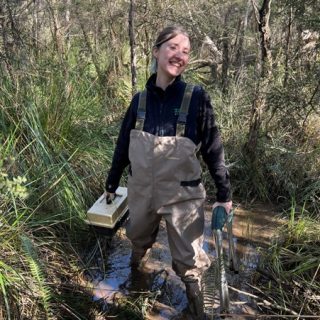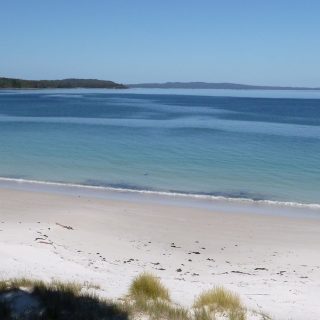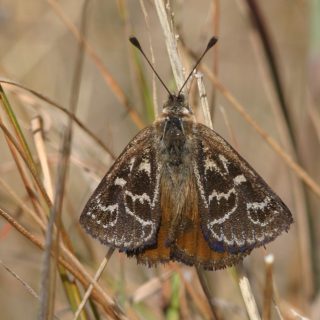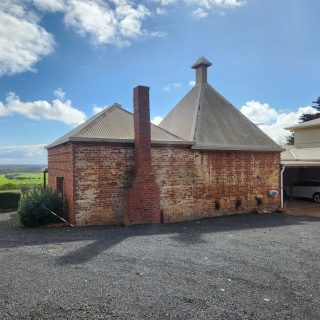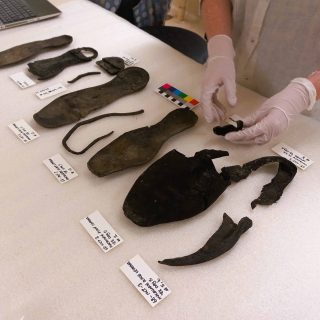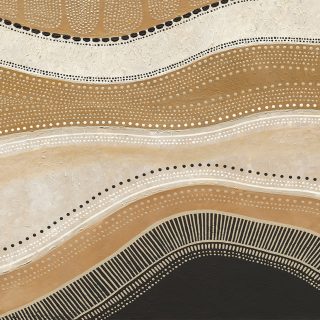Nick Scott’s Scholarship findings
In November 2023 Nick Scott from Monash University was named the first recipient of the Daniel Gilmore Scholarship.
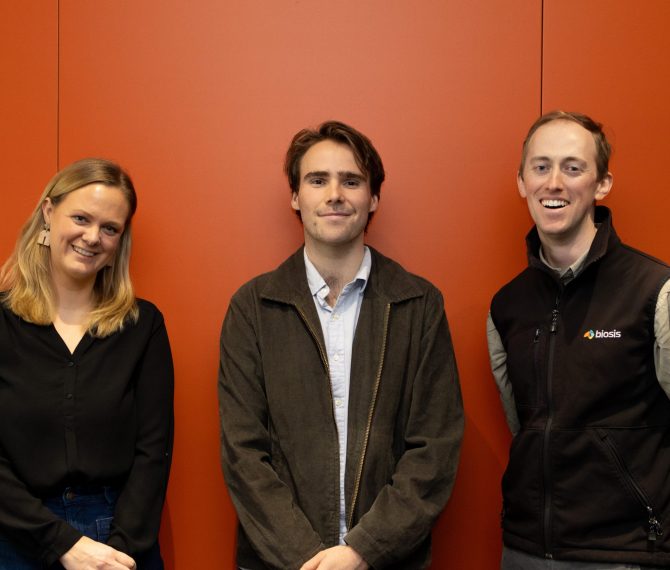
Currently completing his Honours project, Nick’s work focused on two data-deficient skinks, Saproscincus eungellensis (Eungella Shadeskink) and Tumbunascincus luteilateralis (Orange-speckled forest-skink), in Eungella National Park, Queensland.
Supervised by Professor David Chapple and Jules Farquhar, Nick's project involved targeted field surveys to gather essential ecological knowledge on these species, potentially leading to their listing as threatened under the IUCN Red List and EPBC Act. The primary goals were to establish baseline information on their distribution, understand habitat preferences, identify current and potential threats, and provide data for future monitoring.
Nick used his scholarship money to pay for accommodation, travel, and equipment for gathering valuable data during the surveys. He recently visited our Melbourne office to present his findings, summarised below.
The surveys revealed that T. luteilateralis occupied various forest habitats across the Dalrymple Plateau, including areas affected by the 2018 bushfires. The species showed resilience to disturbance as long as key habitat structures, such as basking spots and retreats, were present. However, abundance varied significantly across transects, with the highest numbers found at the northern edge of the survey area. This suggested that while T. luteilateralis had a broader range than previously thought, its core habitat was concentrated around the headwaters of Finch-Hatton and Cattle Creeks.
Surveys for S. eungellensis found the species most abundant in the creek lines of Cattle Creek on the Dalrymple Plateau. The skink did not occur below 700 meters above sea level, indicating thermal susceptibility. Through their surveys, the geographical range of S. eungellensis was extended south and west of previous records, with notable findings in a forest at the southern edge of the Dalrymple Plateau. All new distribution data were provided to the Department of Environment and Science (DES) for upload to Wildnet. Additionally, tissue samples were collected from the lizards for future population genetic analyses at the Queensland Museum.
The information learned from this study will go towards informing conservation assessments of both species under the IUCN Red List and EPBC Act., the data indicates that these species will likely be threatened.
We are thrilled to have been able to support a young ecologist at the start of their career, and would like to congratulate Nick for receiving first class honours. The outcome of this research will benefit both the scientific and consultancy fields. Nick has submitted a paper on his research to a scientific journal, and we look forward to sharing this once it has been accepted and published.
The Daniel Gilmore scholarship was established in memory of our dear friend and colleague, Daniel Gilmore, whose passion for the natural world inspired everyone he worked with during his 21 years with Biosis.
The scholarship will return this year with applications opening in September. For more information visit www.biosis.com.au/daniel-gilmore-scholarship

Pictured: General Manager (Victoria) Mitchell Deaves, Senior Associate Zoologist Clare McCutcheon, Daniel Gilmore Scholarship recipient Nick Scott, Dan Gilmore's partner Patrick, Senior Associate Botanist Michael Goddard, and Monash University Research Officer Jules Farquhar.

